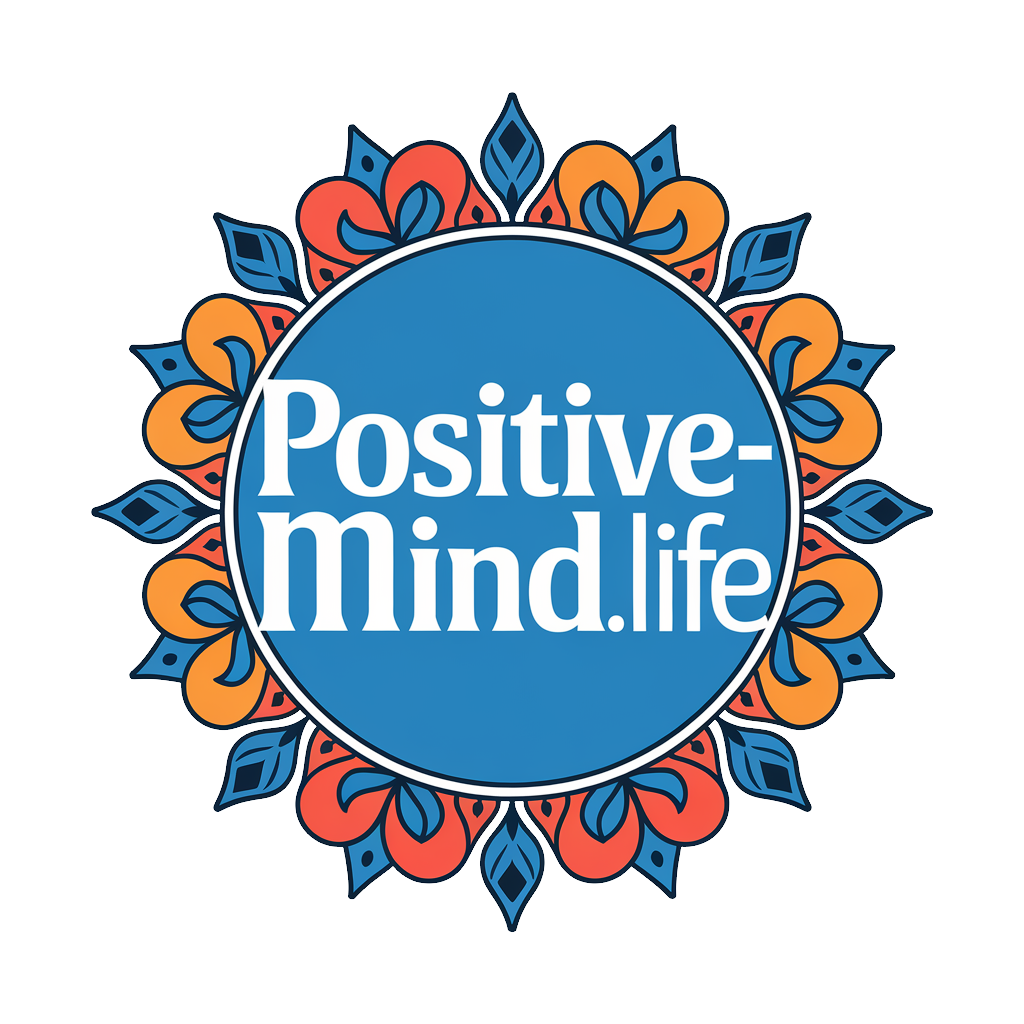The Ultimate Guide to Overcoming Fear and Anxiety for Good!
You can overcome fear and anxiety by understanding their roots and recognizing your triggers. Remember, many adults face these challenges, and you’re not alone. Effective coping strategies like mindfulness, deep breathing, and journaling can help manage your emotions. Embracing failure and practicing self-compassion builds resilience and boosts your confidence. Seeking professional support can provide tailored guidance, connecting you with valuable resources and others who share similar experiences. By applying these methods, you’ll empower yourself to move forward. There’s so much more to explore that can assist you on your journey to lasting peace and confidence.
Key Takeaways
- Understand and identify your triggers to recognize patterns in your fear and anxiety responses for better management.
- Practice mindfulness meditation and deep breathing exercises to enhance awareness and reduce physiological stress responses.
- Embrace failure and practice self-compassion to build resilience and emotional strength during challenging times.
- Set achievable goals and cultivate a support network to encourage persistence and boost confidence through small victories.
- Seek professional guidance, such as therapy or support groups, to gain tailored strategies and reduce feelings of isolation.
Understanding Fear and Anxiety
Fear and anxiety can feel like overwhelming shadows, often creeping in when you least expect them. Understanding these emotions is crucial for mastering your response to them. Fear responses are natural, evolutionary reactions designed to protect you from perceived threats. They trigger physiological changes, gearing you up for fight or flight. However, when fear becomes disproportionate or chronic, it can spiral into anxiety cycles, where the anticipation of fear intensifies the response, creating a loop that’s hard to escape.
You might notice how a single thought or situation can set off a cascade of anxious feelings, leaving you feeling trapped. These anxiety cycles can perpetuate a sense of helplessness, as you struggle against feelings that seem to control you. Recognizing that these responses are rooted in your brain’s wiring can help you approach them with compassion rather than judgment.
Identifying Triggers and Patterns
When you start to notice the moments that trigger your fear and anxiety, it can feel like a breakthrough. This process of trigger identification and pattern recognition is essential for regaining control over your emotional responses. By understanding what sets off your feelings, you can begin to dismantle the hold they have on you.
Consider these common triggers:
- Social Situations: Crowded places or unfamiliar gatherings can amplify anxiety.
- Work-Related Stress: Deadlines or performance evaluations might provoke fear.
- Past Experiences: Memories of trauma can resurface unexpectedly, leading to anxiety.
- Health Concerns: Worries about physical symptoms can spiral into panic.
Identifying these triggers allows you to observe recurring patterns in your emotional responses. Keep a journal or use mindfulness techniques to document your thoughts and feelings when anxiety strikes. This reflection helps highlight the connections between specific situations and your reactions. Over time, recognizing these triggers can empower you to respond more effectively, steering you closer to the mastery you’re striving for. You’re not just surviving; you’re learning to thrive amidst your fears.
Effective Coping Strategies
How can you effectively manage the anxiety that often feels overwhelming? Incorporating specific coping strategies can empower you to regain control. Mindfulness techniques and breathing exercises are particularly effective. They help ground you in the present moment, reducing the grip of anxiety.
Here’s a simple framework for reference:
| Strategy | Description | Benefits |
|---|---|---|
| Mindfulness Meditation | Focus on your breath and surroundings for 5-10 mins | Reduces stress and increases awareness |
| Deep Breathing | Inhale deeply through your nose, exhale through mouth | Lowers heart rate, calms nerves |
| Body Scan | Mentally scan your body for tension and relax | Enhances body awareness and relaxation |
| Journaling | Write down thoughts and feelings | Clarifies emotions and reduces anxiety |
| Progressive Relaxation | Tense and release muscle groups sequentially | Eases physical tension and promotes calm |
Building Resilience and Confidence
Building resilience and confidence is essential for navigating life’s challenges effectively. These qualities enable you to bounce back from setbacks and approach new situations with a positive mindset. By integrating specific resilience techniques and engaging in confidence building, you can fortify your emotional strength.
Here are four powerful strategies you can adopt:
- Embrace Failure: View mistakes as opportunities for growth. Each misstep teaches valuable lessons that can enhance your resilience.
- Practice Self-Compassion: Treat yourself with kindness during tough times. Acknowledge your feelings without judgment to build emotional strength.
- Set Achievable Goals: Break down your objectives into manageable steps. Celebrating small victories boosts confidence and encourages persistence.
- Cultivate a Support Network: Surround yourself with positive influences. Sharing your experiences with others can provide encouragement and reinforce your resilience.
Seeking Professional Support
Seeking professional support can be a transformative step in managing fear and anxiety. You don’t have to face these challenges alone; trained professionals can provide guidance tailored to your specific needs. Therapy options range from cognitive-behavioral therapy (CBT), which helps reframe negative thoughts, to exposure therapy, designed to gradually confront your fears. Each approach offers unique strategies to empower you in your journey toward mastery.
Support groups can also be invaluable as they connect you with others who share similar experiences. In these safe spaces, you can exchange coping strategies and foster a sense of community that reduces feelings of isolation. Research shows that social support plays a crucial role in recovery, enhancing resilience and promoting healing.
It’s important to remember that seeking help is a sign of strength, not weakness. Taking this step can lead to profound personal growth. Don’t hesitate to explore various therapy options and seek out support groups in your area. Each session and meeting brings you closer to understanding and overcoming your fears, allowing you to reclaim control over your life. Take that brave step today; the journey to mastery begins with asking for help.
Frequently Asked Questions
Can Diet Influence My Fear and Anxiety Levels?
Yes, your diet can significantly influence your fear and anxiety levels. Nutrition impacts your brain chemistry, so making mindful food choices can help stabilize your mood and improve your resilience to stress.
Are There Specific Exercises That Help Reduce Anxiety?
Yes, specific exercises can significantly reduce anxiety. Incorporate breathing techniques like deep diaphragmatic breathing and engage in regular physical activity. Both methods promote relaxation, improve mood, and empower you to manage anxiety more effectively.
How Does Sleep Affect My Anxiety?
Sleep quality significantly impacts your anxiety levels. Poor sleep can heighten anxiety’s effects, while restorative sleep helps regulate emotions. Understanding this anxiety correlation allows you to prioritize better sleep for enhanced mental clarity and resilience.
Can Mindfulness Meditation Cure Anxiety Completely?
Imagine a tranquil lake, reflecting your thoughts. While mindfulness techniques and meditation benefits can significantly reduce anxiety, they aren’t a complete cure. You’ll find peace and resilience, but it’s a journey, not an instant fix.
Is It Normal to Experience Anxiety During Major Life Changes?
It’s completely normal to feel anxiety during life transitions. Embracing these feelings can strengthen your emotional resilience, helping you navigate changes more effectively. Acknowledging your experience is the first step toward mastery and growth.





